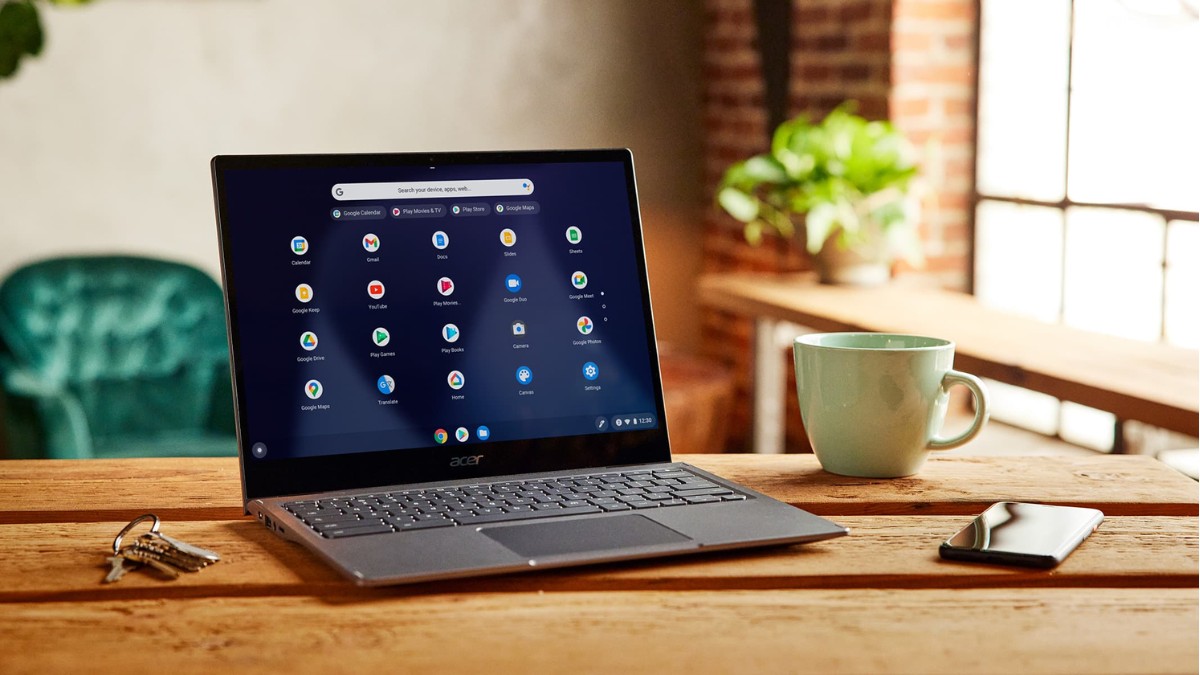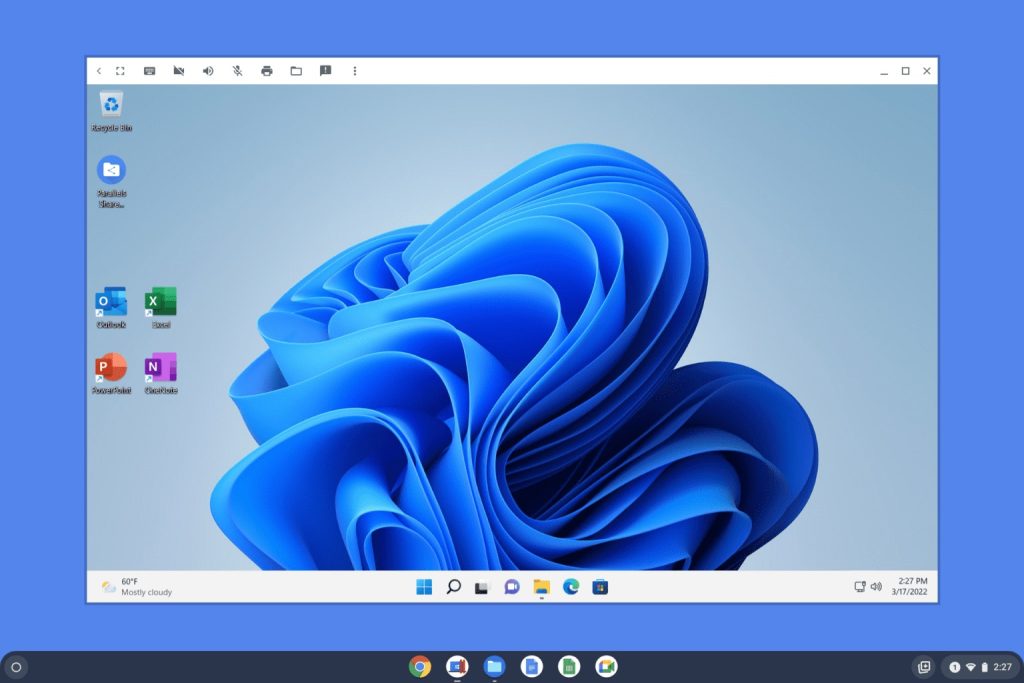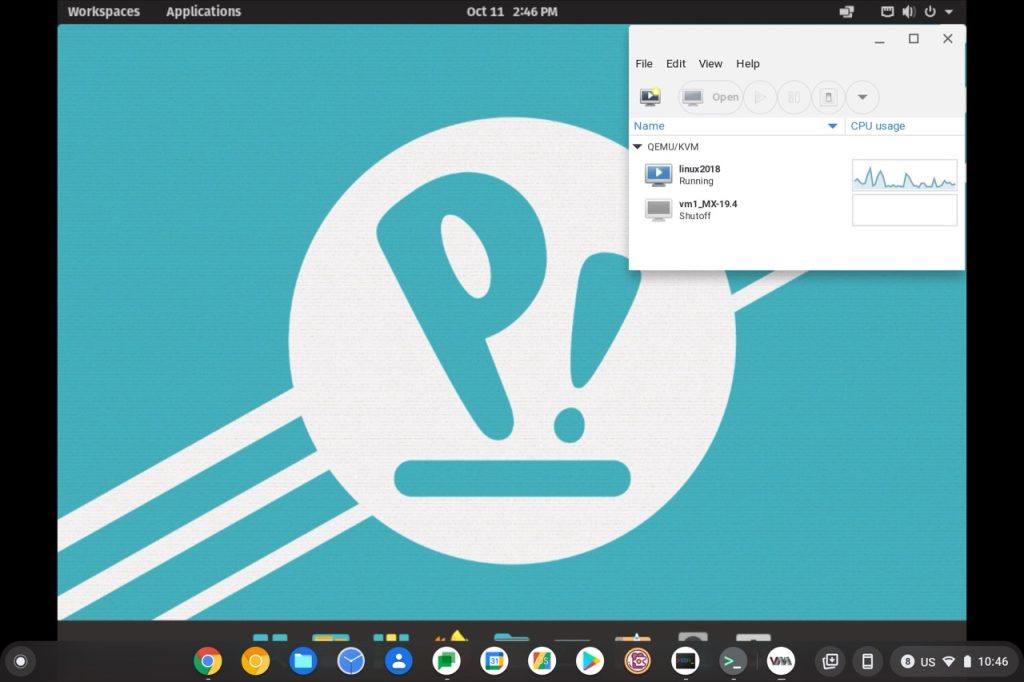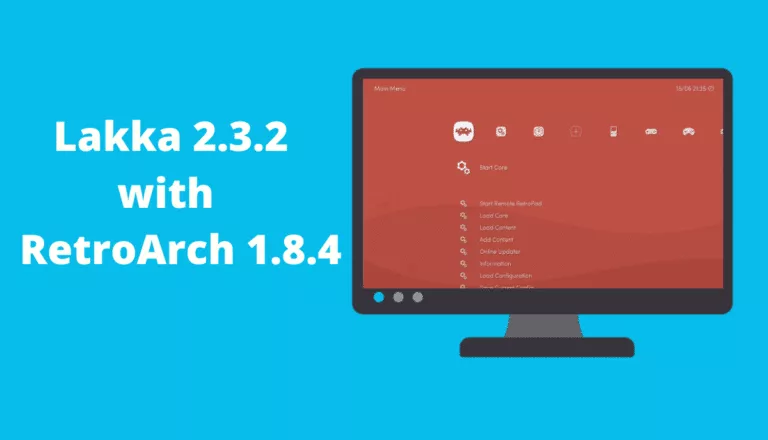3 Best Windows Emulators for Chromebooks

Chromebooks have taken the world by storm, especially in classrooms, and for good reason. They perform much better than budget Windows laptops and unlock almost the same possibilities. However, there’s just one issue: software support. If you have used a Chromebook before, you know the frustration of hitting a wall when the app you want to run isn’t supported on ChromeOS. This is exactly where emulators come into play. They let you run Windows apps on your Chromebook without needing a full-blown Windows laptop! In this guide, I’ll walk you through the three best Windows emulators for Chromebooks.
What is an Emulator?
To put it simply, Windows apps aren’t designed to run on Chromebooks. This is because developers create apps for a specific OS, considering its hardware capabilities and other factors. However, emulators circumvent this limitation by replicating the inner workings of a given machine—like Windows—so you can run its software or even games on your Chromebook.
Best Windows emulators for Chromebook
Before we proceed, note that this article covers both free and paid options, so we’ve listed the pricing for each one. With that out of the way, let’s get started:
1. Parallels Desktop

- Pricing: Paid
If you have searched for emulators before, you might have stumbled across Parallels Desktop, which is one of the most popular Windows emulators. It offers a full Windows desktop experience integrated with ChromeOS and includes several handy features. These features include dragging and dropping files between the two operating systems, printing documents, running Microsoft Office apps, and adjusting storage partitions with quick settings.
Regarding compatibility, Parallels works with almost all Intel and AMD processors, making it one of the most comprehensive options on the list. The downside? It’s on the pricier side, typically suited for enterprise users who need full access to Windows features.
Regarding performance, I had no issues running Windows 11 on my Chromebook. Apps loaded quickly, and there were no lags or stutters. However, if you encounter any performance issues, simply adjust the storage or RAM allocation to optimize the experience.
| Pros | Cons |
|---|---|
| The most comprehensive emulator | Requires a subscription |
| Works with most Windows apps | |
| Great Performance |
2. QEMU

- Pricing: Free
If you’re looking for an emulator that works like Parallels Desktop but is free, then QEMU is the best option. The emulator is highly customizable and allows you to run various versions of Windows on your Chromebook at the same time. This could be especially useful if you are a developer and want to test your code on different Windows versions.
However, this is not all. You can also use the QEMU emulator to run Android—a huge advantage for Chrome OS Flex users who don’t get Android app support. Performance-wise, I tested both Windows 11 and Android on QEMU, and the experience was smooth. I encountered no issues, and all Microsoft Office apps ran without a hitch.
| Pros | Cons |
|---|---|
| Free to use | A bit difficult to set up |
| Can run multiple instances of Windows | |
| Supports Android emulation |
3. Wine

- Pricing: Free
Unlike other emulators on the list, Wine, or “Wine Is Not an Emulator,” is a compatibility layer that allows you to run Windows apps directly on your Chromebook without installing Windows. While Wine can be tricky to set up and doesn’t work with every app, it’s particularly useful for older Chromebooks that may not have the resources to handle a full Windows OS. Keep in mind that Wine requires Linux support on your Chromebook.
Speaking of the performance, I ran Microsoft Word using the emulator, and the experience was pretty good. I didn’t encounter any lag or major issues.
| Pros | Cons |
|---|---|
| Runs Windows apps directly | Complicated to set up |
| Best performance on older hardware | Doesn’t support all Windows apps |
Frequently Asked Questions (FAQs)
Yes, you can run Windows on your Chromebook using emulators.
Most emulators don’t require a Windows license.
It depends on your Chromebook’s specifications. Emulators like QEMU and Wine are designed to run efficiently without consuming too many system resources, so they should perform well on most Chromebooks.
Conclusion
So there you have it—the best Windows emulators for Chromebooks. Now, you can run almost all Windows apps on your device without worrying. However, just note that if one emulator doesn’t work as expected on your particular Chromebook, don’t worry! Try another, as different emulators are optimized for various hardware configurations.






